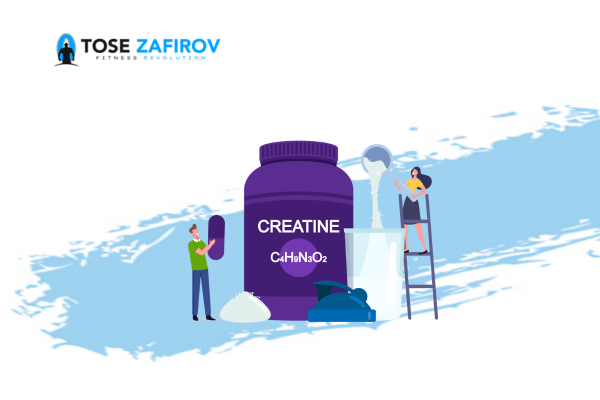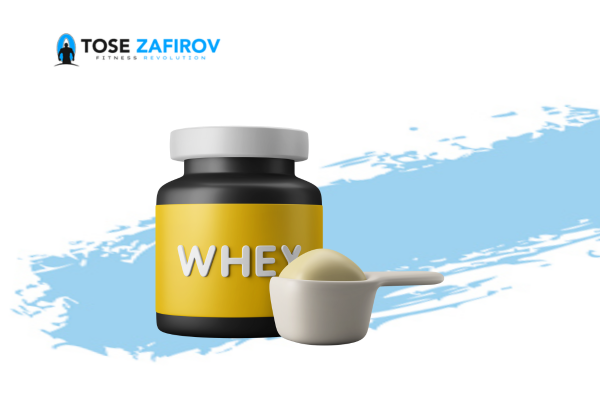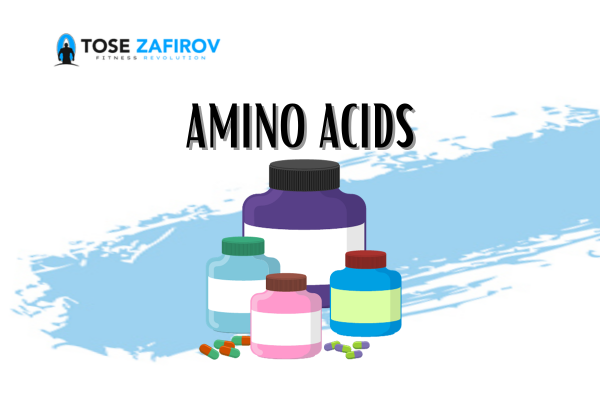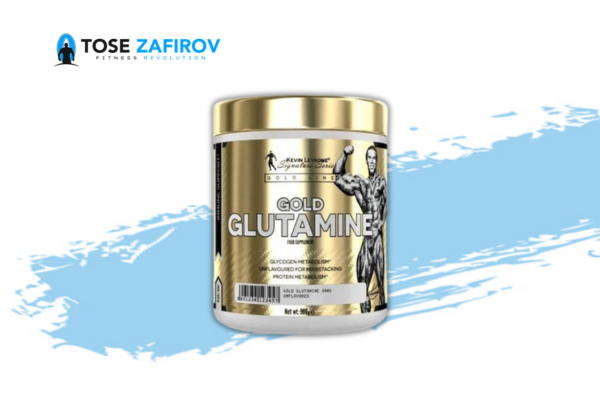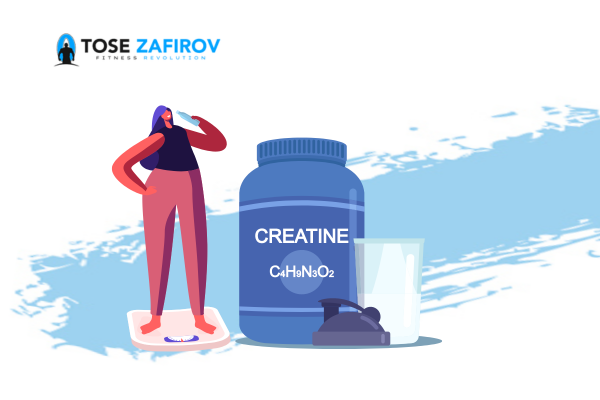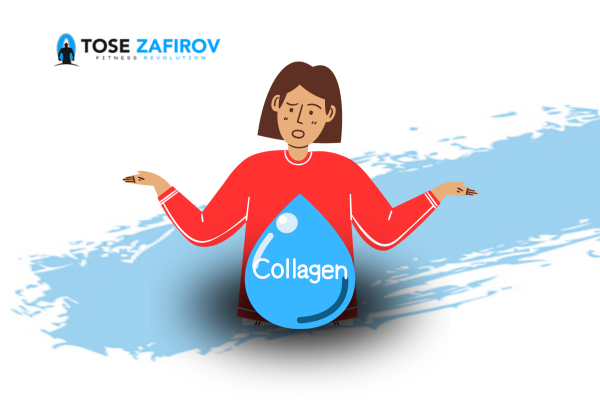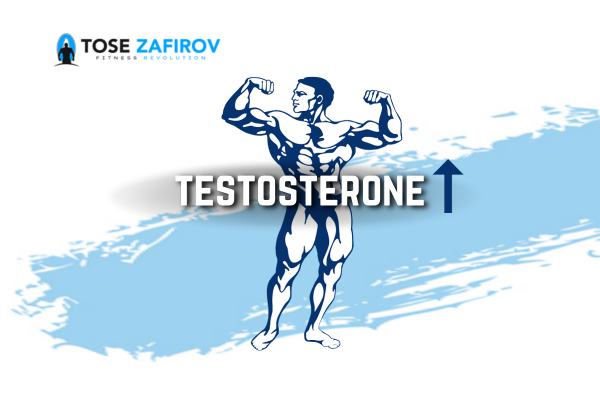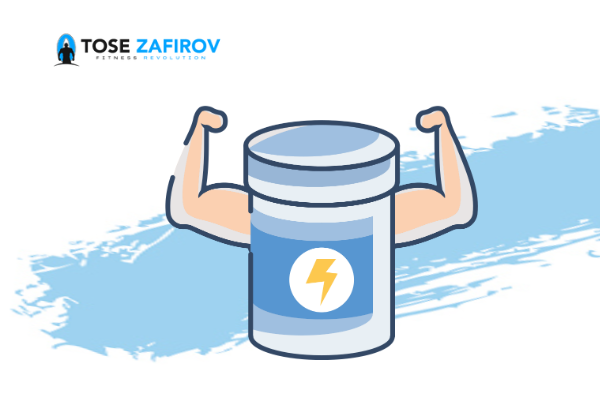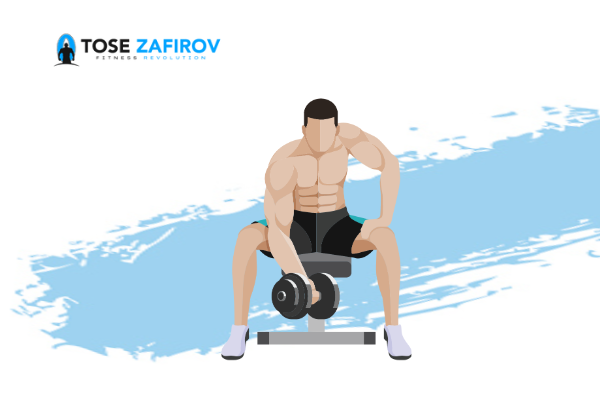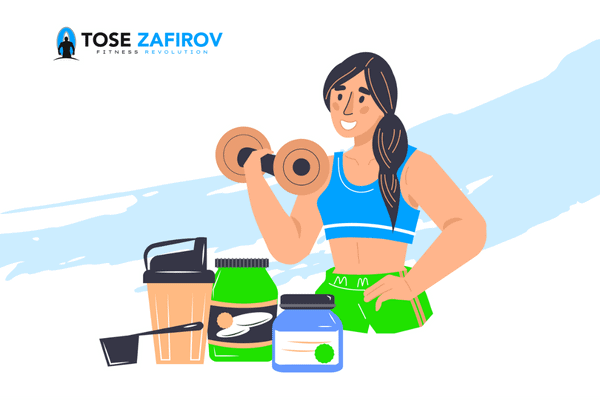It will make your skin look dewy and fresh, your bones and nails strong, and your joints pain-free. These are the claims made by the countless manufacturers of collagen supplements that come in the form of powders, pills and creams. For that reason, it’s no surprise that collagen has become a widely sought-after ingredient in the wellness and beauty communities. But collagen’s efficacy is still pretty up in the air. Frustrated? Here’s what we know.
Key Takeaways:
- Collagen, the most abundant protein in your body, plays a crucial role in skin, joint, bone, and muscle health.
- Aging leads to a natural decline in collagen production, prompting many to explore supplements for potential benefits.
- Collagen supplements may improve skin elasticity, relieve joint pain, prevent bone loss, boost muscle mass, and promote heart health.
- Foods like bone broth and animal sources provide collagen, but supplements are believed to be more efficiently absorbed.
- While collagen supplements show promise, more research is needed on claims related to weight loss, gut health, and brain function.
What Is Collagen?
Collagen is a protein responsible for healthy joints and skin elasticity, or stretchiness. It’s in your bones, muscles, and blood, comprising three-quarters of your skin and a third of the protein in your body.
As you age, your existing collagen breaks down, and it gets harder for your body to produce more. As a result, many people turn to collagen powder or other types of collagen supplements, such as capsules, gummies, and liquids.
Note
Foods that contain collagen
Foods that contain gelatin, such as bone broth, provide collagen. Gelatin is a protein substance derived from collagen that has been processed .
Collagen is found in the connective tissues of animals. Thus, foods such as chicken skin, pork skin, beef, and fish are sources of collagen.
Vitamin C is crucial for collagen synthesis, so you should also be sure to eat foods rich in this vitamin, such as citrus fruits, broccoli, and bell peppers .
More research is needed to determine whether eating collagen-rich foods helps increase collagen levels in your body, as they may not have the same benefits as supplements.
Digestive enzymes break down the collagen in food into individual amino acids and peptides. However, the collagen in supplements has already been broken down, or hydrolyzed, which is why it’s thought to be absorbed more efficiently than collagen from foods.
Pro Tip
Collagen is the most abundant protein in your body. You can increase your intake of collagen by taking supplements or eating animal foods and bone broth. However, absorption from food may not be as efficient as from supplements.
Health benefits of collagen supplements
Collagen supplementation provides a variety of health benefits.
1. May improve skin health
Collagen is a major component of your skin.
It plays a role in strengthening skin, as well as in elasticity and hydration. As you age, your body produces less collagen, leading to dry skin and the formation of wrinkles .
However, several studies have shown that collagen peptides or supplements containing collagen may help slow the aging of your skin by reducing wrinkles and dryness.
One review of 11 studies focusing mostly on women found that taking 3–10 grams of collagen per day for an average of 69 days led to improvements in skin elasticity and hydration.
These supplements may work by stimulating your body to produce collagen on its own. Additionally, collagen supplements may promote the production of other proteins that help structure your skin, including elastin and fibrillin.
There are also many anecdotal claims that collagen supplements help prevent acne and other skin conditions, but these aren’t supported by scientific evidence.
2. May relieve joint pain
Collagen helps maintain the integrity of your cartilage, the rubber-like tissue that protects your joints.
As the amount of collagen in your body decreases with age, your risk of degenerative joint disorders such as osteoarthritis increases.
Some studies suggest that collagen supplements may help improve symptoms of osteoarthritis and reduce overall joint pain .
A review of studies in people with osteoarthritis found that taking collagen led to significant improvements in joint stiffness and overall osteoarthritis symptoms .
Researchers have theorized that supplemental collagen may accumulate in cartilage and stimulate your tissues to make collagen. In turn, this may lead to lower inflammation, better joint support, and reduced pain.
Even though the research is promising, experts caution that stronger evidence is still needed before recommending collagen as a treatment for osteoarthritis.
3. May prevent bone loss
Your bones are made mostly of collagen, which gives them structure and strength .
Just as the collagen in your body deteriorates with age, so does bone mass. This may lead to conditions such as osteoporosis, which is characterized by low bone density and a higher risk of bone fractures .
Studies note that collagen supplements may help inhibit the bone breakdown that leads to osteoporosis .
In a 12-month study, post-menopausal women took either a calcium and vitamin D supplement with 5 grams of collagen or a calcium and vitamin D supplement with no collagen daily.
At the study’s end, those taking the calcium, vitamin D, and collagen supplement had significantly lower blood levels of proteins that promote bone breakdown than those who took only the calcium and vitamin D. The collagen group also had lower loss of bone mineral density .
Another study found similar results in 66 post-menopausal women who took 5 grams of collagen daily for 12 months. Those who took the collagen exhibited an increase of up to 7% in their bone mineral density (BMD) compared with those who didn’t take collagen .
BMD is a measure of the density of minerals, such as calcium, in your bones. Low BMD is associated with weak bones and osteoporosis risk .
Although these results are promising, more human studies are needed.
4. May boost muscle mass
As the most abundant protein in the body, collagen is an important component of skeletal muscle.
Studies suggest that collagen supplements help boost muscle mass in people with sarcopenia, the loss of muscle mass that happens with age.
In a 12-week study, 27 older men with this condition took 15 grams of collagen while participating in an exercise program. Compared to men who exercised but didn’t take collagen, they gained significantly more muscle mass and strength .
Researchers have suggested that supplemental collagen may promote the synthesis of muscle proteins such as creatine, as well as stimulate muscle growth after exercise.
However, collagen protein isn’t more effective than whey protein for building muscle or strength. That’s because collagen is lower in branched chain amino acids which play a key role in muscle building. Whey protein is a richer source of these amino acids .
More research is necessary to investigate collagen’s potential to boost muscle mass.
5. May promote heart health
Researchers have theorized that collagen supplements may help reduce the risk of heart conditions.
Collagen provides structure to your arteries, the blood vessels that carry blood from your heart to the rest of your body. Without enough collagen, arteries may become less flexible and elastic.
This may lead to atherosclerosis, a disease characterized by the narrowing of your arteries. This condition may lead to heart attack and stroke.
In a 6-month study, 31 healthy adults took 16 grams of collagen daily. They had experienced a significant reduction in measures of artery stiffness from the study’s beginning to its end.
Additionally, their levels of HDL (good) cholesterol rose by an average of 6%. HDL is an important factor in the risk of heart conditions, including atherosclerosis .
Nevertheless, more studies on collagen supplements and heart health are needed.
6. Other health benefits
Collagen supplements may have other health benefits, but these haven’t been studied extensively.
Hair and nails. Taking collagen may increase the strength of your nails by preventing brittleness. Additionally, it may help your hair and nails grow longer .
Gut health. Although no scientific evidence supports this claim, some health practitioners assert that collagen supplements can treat leaky gut syndrome, also called intestinal permeability.
Brain health. No studies have examined the role of collagen supplements in brain health, but some people claim that they improve mood and reduce anxiety symptoms.
Weight loss. Proponents believe that collagen supplements may promote weight loss and faster metabolism. However, no studies support these claims.
Although these potential effects are promising, more research is needed before formal conclusions can be made.
Note
Collagen supplements have several benefits related to skin, joint, bone, muscle, and heart health. There’s scant evidence to support collagen’s purported effects on weight loss or gut or brain health.
Downsides and side effects of collagen supplements
Collagen supplements are generally well tolerated, with few reported side effects.
However, some supplements are made from common food allergens, such as fish, shellfish, and eggs. People with allergies to these foods should avoid collagen supplements made with these ingredients.
Some people report nausea and bloating when taking collagen supplements, but research has not consistently shown these as side effects .
There are some reports that collagen supplements may cause other digestive side effects, such as heartburn and feelings of fullness.
Regardless, these supplements appear to be safe for most people.
Pro Tip
Collagen supplements may lead to mild side effects such as bloating, heartburn, and feelings of fullness. If you have food allergies, make sure to purchase supplements that don’t contain your allergens.
How long does it take to see results?
Collagen turnover is a slow process. As such, no matter your goal for using collagen, it will take at least 8 weeks to experience noticeable results .
Most studies use a minimum of 8 weeks to assess collagen’s effects on skin health and joint pain relief, but other studies use longer periods, such as 12 months, for bone health.
Thus, you should be patient and not expect results for a while.
Note
Allow at least 8 weeks of supplementing with collagen daily before assessing whether collagen is working for you.
Alternatives to animal-based collagen
Because collagen’s amino acid composition differs from those of other proteins, the possible alternatives are limited.
Vegan collagen can be made from genetically modified yeast and bacteria. To do so, four human genes that code for collagen are added to the genetic structure of these sources, which then generate their own collagen.
Proteins similar to collagen are also naturally found in some types of bacteria. These are being investigated as potential collagen sources .
You can also buy supplements that contain the primary amino acids involved in collagen synthesis — glycine, lycine, and proline. Some supplements obtain these amino acids from vegan sources.
They may also contain vitamin C and hyaluronic acid, which helps your tissues retain water, keeping them lubricated and moist.
Keratin — the structural protein in hair, nails, and skin — has been suggested as an alternative to collagen, but there’s limited research to support keratin products for anything other than topical application on skin and hair.
Keratin is not vegan, as it’s derived from the feathers, wool, and horns of various animals.
Note
Collagen’s makeup of amino acids is different from those of other proteins, meaning the alternatives are limited.
The bottom line
Collagen supplements offer a range of potential health benefits, particularly for skin and joint health. While research supports their efficacy in certain areas, more studies are required to validate other claims. Collagen turnover is a slow process, requiring patience for noticeable results. Individuals considering collagen supplements should be aware of possible side effects and explore alternatives, including vegan sources.


